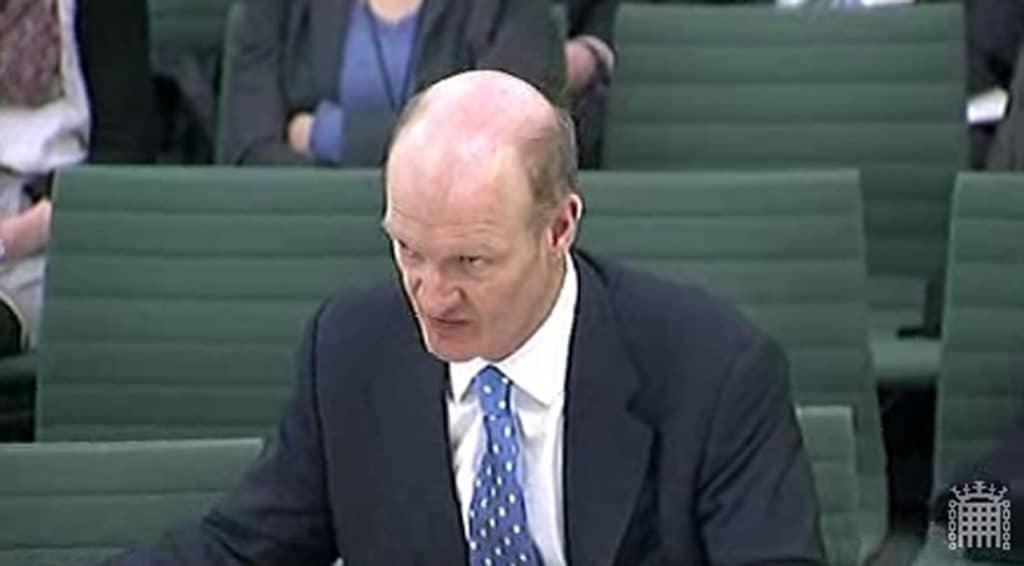
Universities to ‘pick up pharma’s R&D mantle’ after Pfizer closure
pharmafile | March 3, 2011 | News story | Research and Development | Kent, Pfizer, Sandwich, Science and Technology Select Committee, UK research, UK science, job cuts
Science in the UK will have to focus on contractually-based research in the future as pharma’s R&D presence in the country diminishes, according the government.
Science and universities minister David Willetts was yesterday answering questions from fellow MPs about Pfizer’s Kent R&D site, which will close in 2013 with the loss of 2,400 jobs.
He said Pfizer’s decision to leave the facility in Sandwich should be “a wake up call for Britain to be the best country for contractually-based research”.
In the future it would be up to UK universities and their test laboratories to find and develop drugs and then sell these to pharma, rather than relying on a large domestic pharma presence to carry out the research, Willetts said.
He was appearing before the cross-party Science and Technology Select Committee, which on Monday questioned senior Pfizer executives and UK industry heads.
Willetts reiterated the point Pfizer made to the Committee earlier in the week that global forces and the company’s need to cut its research budget by around $1.5-2 billion were to blame for the site’s closure.
He remained adamant that when he spoke to Pfizer they did not find fault with the government’s policies or its tax incentive schemes.
Willetts also pointed to the closure of AstraZeneca’s R&D site in Charnwood, Loughborough, that will see around 1,100 research scientists lose their jobs by 2012, as another site with similar problems to Pfizer’s Kent research base.
“The Charnwood closure is not on the same scale as Sandwich,” Willett said, “but it has the same issues.
Andrew Miller, the chairman of the Committee, suggested that now the UK had small research clusters, such as in Cambridge and London, sites such as Sandwich simply didn’t ‘cut it’ any more.
Willetts disagreed and was positive a government taskforce would be able to work with Pfizer to reconfigure the site for future companies to use.
Cameron left in the dark over site closure
The MPs’ main concern for both this meeting and its hearing on Monday was how long Pfizer knew it would be shutting the Sandwich site before it told the government.
Sandwich’s site director Dr Ruth McKernan told the Committee earlier this week she actively stopped recruiting new staff in late October as Pfizer neared a definitive decision on the site’s future.
On 29 November Jeffrey Kindler, then chief executive of Pfizer, spoke with David Cameron about the UK Patent Box but did not mention any changes to the Sandwich site.
Willetts told the Committee that the first he and the government knew about this decision was during a meeting with the US firm’s new chief executive Ian Read on 24 January, a week before the official announcement.
The MPs remained dismayed Pfizer had not discussed its plans with David Cameron in November, but Willetts said the company was under no obligation to speak with the government about internal corporate negotiations.
Pfizer told the Committee on Monday that it had not reached a final decision on the site until January and had not kept the government in the dark over this issue.
Ben Adams
Related Content

Pfizer’s Velsipity approved by EC for ulcerative colitis treatment
Pfizer has announced that the European Commission (EC) has granted marketing authorisation for Velsipity (etrasimod) …

EC approves Pfizer’s Elrexfio for relapsed and refractory multiple myeloma
Pfizer has announced that the European Commission (EC) has granted conditional marketing authorisation for Elrexfio …

CDC Advisory Committee recommends Pfizer’s RSV vaccine
Pfizer has announced that the US Centers for Disease Control and Prevention’s (CDC) Advisory Committee …








